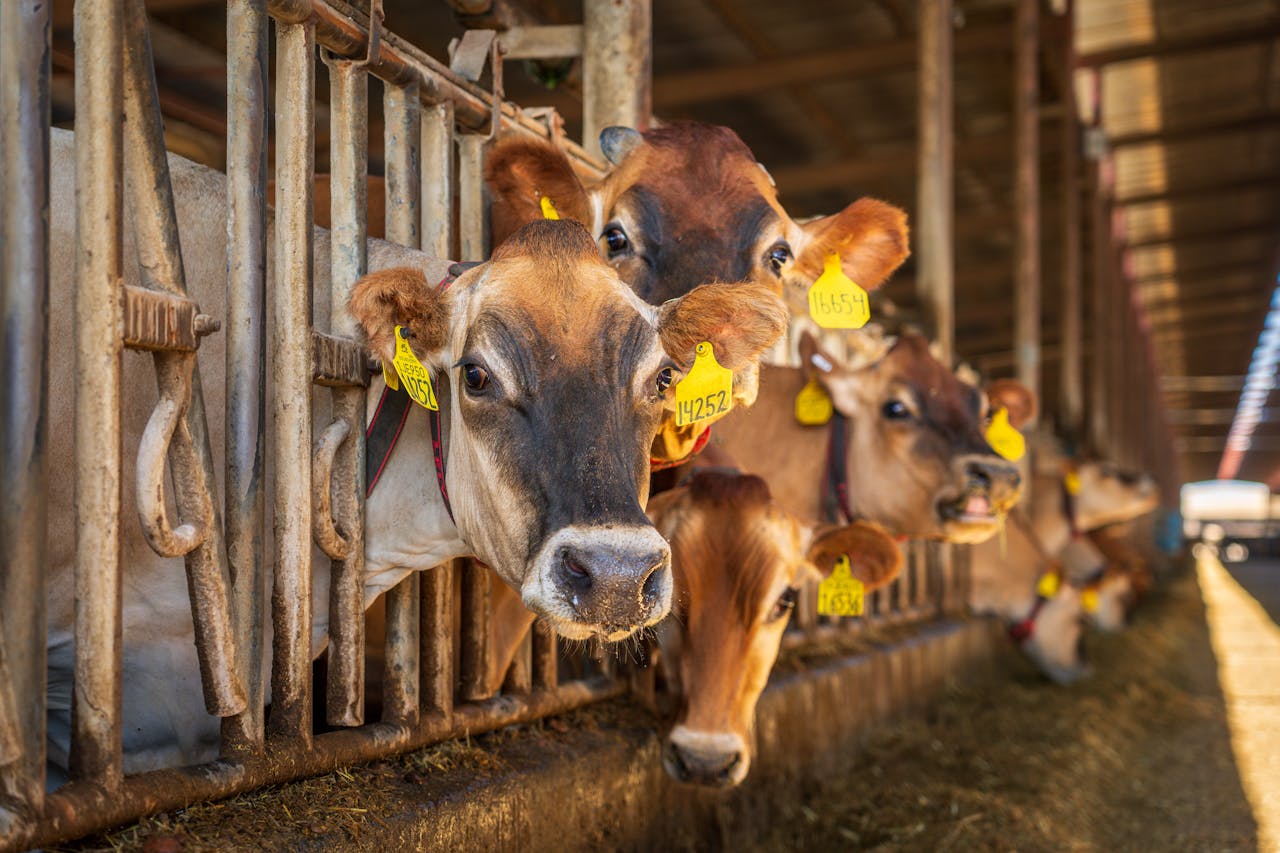
The proposal aims to bring about a change of approach in animal health practice at the EU level.Continue reading

The European Union is expected to lift all restrictions imposed on Hungary due to foot-and-mouth disease within days, Agriculture Minister István Nagy said on Tuesday at a conference titled “Foot-and-mouth disease – Restart after a pause: The role of reproductive biology and epidemic control in sustainable restart” at the University of Veterinary Medicine in Budapest.
The Minister emphasized that one of the important lessons learned from the experience with the control measures is that there is a need for additional animal health professionals with practical knowledge. The training of veterinarians and animal health inspectors is not only a health issue, but also a matter of national and economic interest, which is why animal health inspector training will be restarted in cooperation with the University of Veterinary Medicine, the Minister announced.
At the conference, István Nagy emphasized that Hungarian animal health services had performed admirably in a crisis of historic proportions, earning international recognition. He thanked the experts from the authorities involved in the response to the disease, the leaders of the affected communities, the veterinarians, epidemic control workers, law enforcement officers, and farmers for their work, and he especially highlighted the help of veterinary students.
In his speech, the Minister recalled that the virus appeared on farms in the municipalities of Kisbajcs, Levél, Darnózseli, Dunakiliti, and Rábapordány, and that there are still many unanswered questions about its origin and spread. Laboratories and experts are searching for answers as to how the virus reappeared in Hungary after over 50 years. Nagy pointed out that the experience gained in treating the contagious disease must be transferred to everyday work. On the one hand, everything must be done to maintain effective protection, and on the other hand, the long-term, safe operation of livestock farms must be ensured.
He explained that
the Ministry of Agriculture is providing non-repayable grants to cattle, sheep, and goat farmers for the implementation of epidemic prevention measures.
Farmers can submit their grant applications from June 25. The aim of the subsidies is to promote the prevention of infectious diseases, minimize the risk of introduction, and reduce their spread.

L-R: Imre Nemes, President of the National Food Chain Safety Office, Tamás Tóth, Dean of Széchenyi István University, Péter Sótonyi, Rector, István Nagy, Minister of Agriculture, and Miklós Süth, Vice-Rector. Photo: MTI/Hegedüs Róbert
The Minister drew attention to the importance of restarting the sector and resolving the situation regarding trade and exports. An important achievement in this regard is that Hungary is expected to regain its exemption within the European Union within days. At the same time, it will take longer for countries outside the EU to regain their exemption.
The good news is that thanks to the high-quality and swift measures taken, the European Union is expected to lift the restrictions imposed due to the contagious foot-and-mouth disease on June 6,”
he revealed.
The Minister also mentioned that in addition to foot-and-mouth disease, there are other worrying trends. African swine fever continues to spread actively in Europe, although in Hungary it is only present in the wild boar population. Protection against avian influenza is also an ongoing task. In January, small ruminant plague was also detected in sheep transported from Romania to Hungary. Thanks to quick and professional measures, the virus was unable to spread, but Hungary lost its “historical immunity.”
It should also be noted that rabies is detected in more and more wild animals on the country’s northeastern border every year. This is because the Ukrainian animal health authority has been unable to implement its fox immunization program due to the war, while the Romanian animal health authority has also neglected the issue. Hungary considers it important that vaccination, as a means of epidemic control, receive greater support at the EU level, the politician stressed, adding that several high-level consultations were held on this issue during the Hungarian Presidency of the Council of the European Union. At Hungary’s initiative, the European Union has put the review of the vaccination concept and the reconsideration of its applicability to specific diseases on its agenda, Nagy explained.
Via MTI, Featured image: Pexels